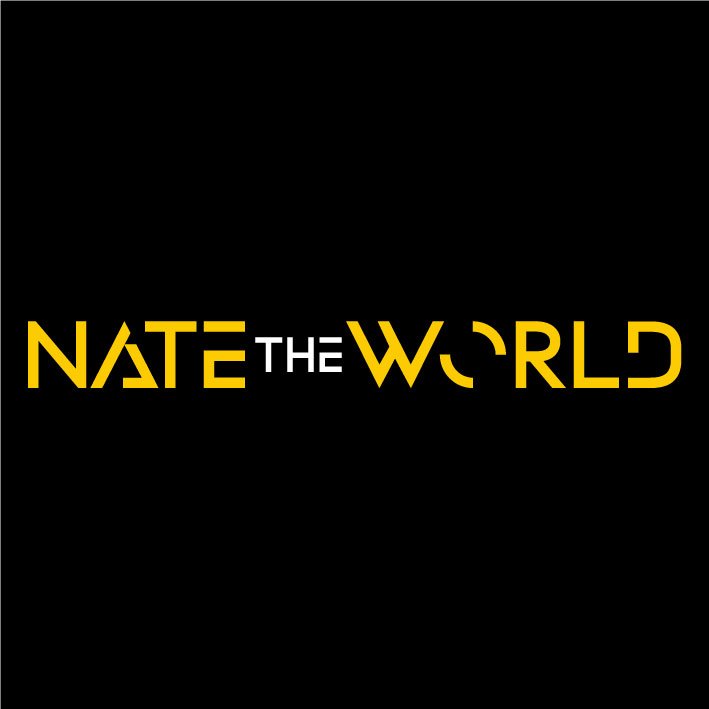Guest Spot is a recurring topic on Natetheworld. In it, I provide a guest author a story or video and they in turn provide their reaction. This month, we are featuring a long time friend of mine, JR Lander. Below, is the article which inspired his response.
Click here.
No matter how much we have, it is never enough. Think about it. When in your life have you thought “You know, I don’t need any more, have enough.” If you have, you are in a far better place than I am… and a far better place than any of these four guys is in.
For the sake of this reflection, let’s set aside the two men on the lower end of the spectrum. Living in Chicago and New York City, these two effectively make far less in terms of buying power than their incomes suggest. They are both, likely, living paycheck-to-paycheck.
I will not attack the two wealthier men personally… I see a bit of myself in them. My husband and I are not at the level of the guy in Miami, but getting closer each year. My parents were in that income range for much of my childhood and youth, and in Mississippi that figure has much more buying power than it does in Miami. And I’ve certainly had friends whose families made 7 figures each year. It is a world that I know. And there are many good and wonderful people in it.
A clergy colleague of mine once said, “People aren’t greedy, they are afraid. Their holding onto their wealth is how they scream out in fear.” I think part of our drive to always have more is based on our fear that something is going to happen, and we won’t have enough to survive.
But where does that fear come from? Some of it certainly comes from the human condition. We are all going to die, and having stuff makes us feel that we are holding that at bay. We live in a world of uncertainty, and having money makes us feel safer. As someone who was a couple of miles away from the World Trade Center in New York on September 11th, 2001, the fear of disaster, natural or human caused, has often caused fear in me. And the fear of not having enough to survive a disaster is probably what has caused me to make some bad career decisions in my life.
But some of this fear also comes from the culture we live in. We are a consumerist culture. One of the major indicators of the health of our economy is consumer-confidence. In the days following 9/11, we were encouraged to shop and travel. Our media is full of images telling us that we need more. How many car advertisements have there been lately attempting to convince you that buying their product will help you be yourself? Mazda has a tagline of helping “you remember when you were you.” Audi has images suggesting that owning on of their cars will represent your uniqueness. Infinity has ads suggesting that owning one of their SUV’s will reflect your counter-culture true self. (REALLY?!?!?) And that’s just the automotive industry!
Now I don’t know these two guys, so I’m not going to guess at how much of their money they give away. I do think Esquire missed an opportunity in not asking that question. I believe helping people learn how to give their money away is one means of helping them orient their lives. In the Gospel According to Luke, chapter 16, Jesus says, “You cannot serve both God and wealth.” If you are an atheist or agnostic, you might understand this as “you cannot serve both the good and wealth”. The message here transcends faith traditions, and speaks to a human reality. Jesus isn’t condemning wealth, he is condemning serving it. Money isn’t bad. It isn’t good. It just is. What is important is how we use it. Are we going to use it to make the world a better place, or are we going to use it simply to get more of it? Helping people learn how to give their money away in such a way that speaks to what they want the world to become can help people realize they have more than enough.
The truth is that many of us have far more than enough. In fact, we have so much that as a society we have more than enough. We might have to make choices that mean we give up things we like or want. We might need to buy a less expensive car, or a less expensive house. We may need to help our children choose the college where they get the big scholarship, as opposed to the one that they dreamed of attending. But we have more than enough. When we begin to see that, we can stop being driven to have more, and instead be driven to make the world a better place.
-JR Lander


